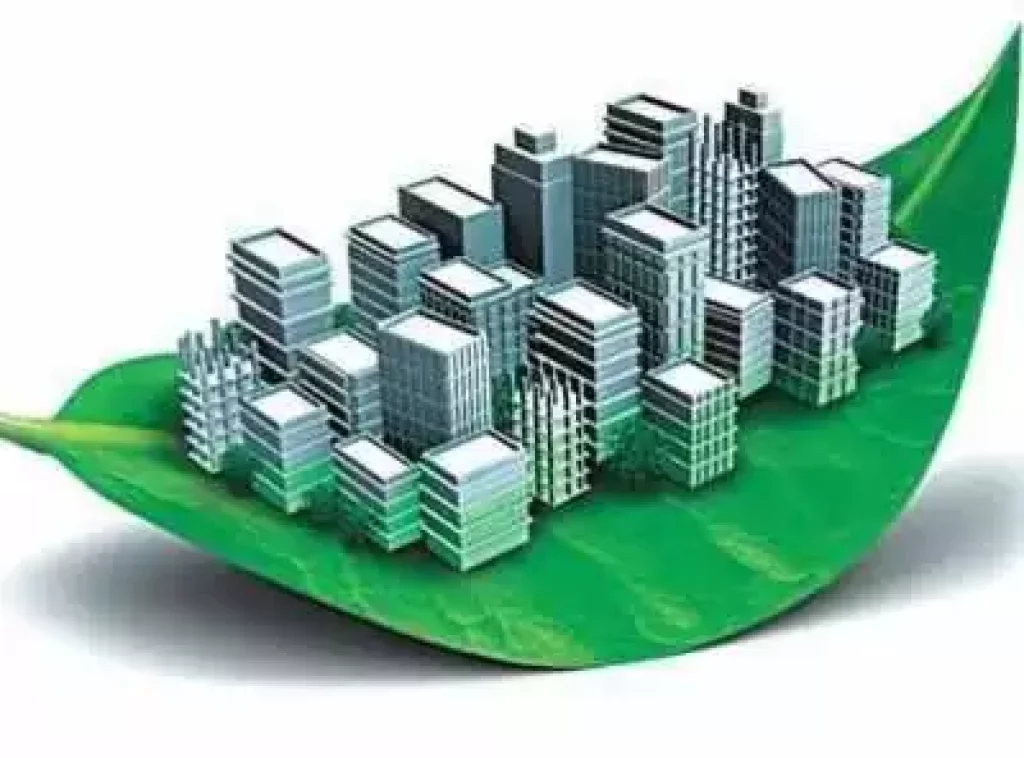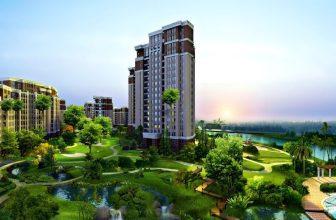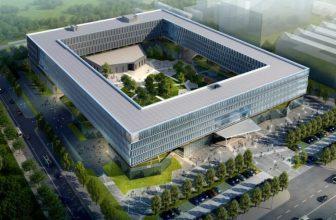Transforming India’s Urban Landscape: Smart Cities Embrace Green Building Concept
Introduction:
India, a rapidly urbanizing nation, is at the forefront of revolutionizing its cities through the integration of smart technologies and sustainable practices. With the concept of smart cities gaining momentum, the country is now taking a bold step towards embracing the green building concept. This innovative approach aims to create urban environments that prioritize sustainability, energy efficiency, and a reduced carbon footprint. By amalgamating technology and eco-friendly construction, India is paving the way for a greener and smarter future.
Energy Efficiency and Renewable Energy Integration:
Energy efficiency is a primary focus of green building practices in smart cities. Buildings are designed to minimize energy consumption through improved insulation, efficient lighting systems, and intelligent controls. Additionally, renewable energy sources such as solar panels are widely adopted to meet the energy needs of these cities. The integration of solar power not only reduces carbon emissions but also enhances energy resilience and reduces dependency on conventional power grids.

Green Building: A Key Pillar of Smart Cities:
Recognizing the importance of sustainability, Indian smart cities are incorporating the green building concept as a fundamental pillar of their development plans. Green buildings, also known as sustainable or eco-friendly buildings, are designed to minimize resource consumption while maximizing efficiency. They are constructed using environmentally responsible techniques and utilize renewable energy sources.
Adoption of Green Building Practices:
Numerous Indian smart cities have already embraced green building practices, demonstrating their commitment to sustainability. Cities like Delhi, Bengaluru, and Ahmedabad have set a remarkable example by integrating energy-efficient building designs, renewable energy systems, and eco-friendly construction materials. These initiatives contribute to reduced energy consumption, water conservation, and improved waste management.
Energy Efficiency and Renewable Energy Integration:
Energy efficiency is a primary focus of green building practices in smart cities. Buildings are designed to minimize energy consumption through improved insulation, efficient lighting systems, and intelligent controls. Additionally, renewable energy sources such as solar panels are widely adopted to meet the energy needs of these cities. The integration of solar power not only reduces carbon emissions but also enhances energy resilience and reduces dependency on conventional power grids.

Water Conservation and Management:
Water scarcity is a significant challenge in many Indian cities. Smart cities address this issue by implementing water conservation measures and adopting advanced water management systems. Rainwater harvesting, efficient irrigation techniques, and wastewater treatment plants are key components of these strategies. By conserving and managing water resources effectively, smart cities contribute to long-term sustainability.
Waste Management and Recycling:
Effective waste management is a crucial aspect of smart cities’ green building initiatives. Advanced waste segregation systems, recycling facilities, and waste-to-energy plants are being implemented to minimize landfill usage and promote a circular economy. These measures not only reduce environmental pollution but also provide economic opportunities by harnessing the potential of waste as a resource.
Government Initiatives and Certifications:
The Indian government plays a vital role in promoting green building practices in smart cities. Initiatives like the Green Rating for Integrated Habitat Assessment (GRIHA) and Leadership in Energy and Environmental Design (LEED) encourage developers and builders to adhere to sustainable construction guidelines. These certifications incentivize the adoption of eco-friendly practices and ensure compliance with environmental standards.
Economic and Social Benefits:
The integration of green building practices in smart cities brings numerous economic and social benefits. Energy-efficient buildings result in cost savings for residents and businesses through reduced energy consumption. Improved indoor air quality and access to natural light enhance the health and well-being of occupants, leading to increased productivity. Furthermore, the adoption of sustainable practices generates job opportunities and fosters innovation in the green construction sector.
Conclusion:
India’s smart cities are taking remarkable strides in incorporating the green building concept to create sustainable urban environments. By combining technology, energy efficiency, and environmentally responsible practices, these cities are redefining the future of urban.








